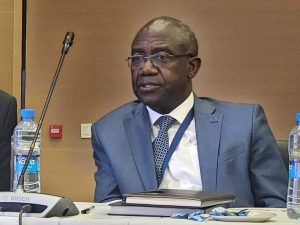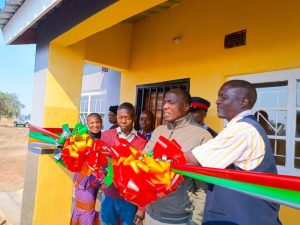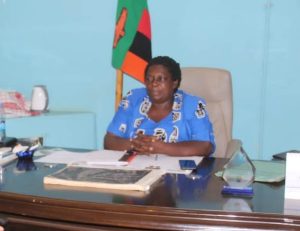President Hakainde Hichilema has directed all councils in the country to begin grading all feeder roads in their localities.
ZANIS reports that President Hichilema was speaking in Siavonga this afternoon during the Bagande Lwiindi Traditional Ceremony in Siavonga’s Simamba Chiefdom, where he also disclosed that the government has released 3 million Kwacha towards the purchase of fuel for road construction equipment and that he does not expect excuses from local authorities.





